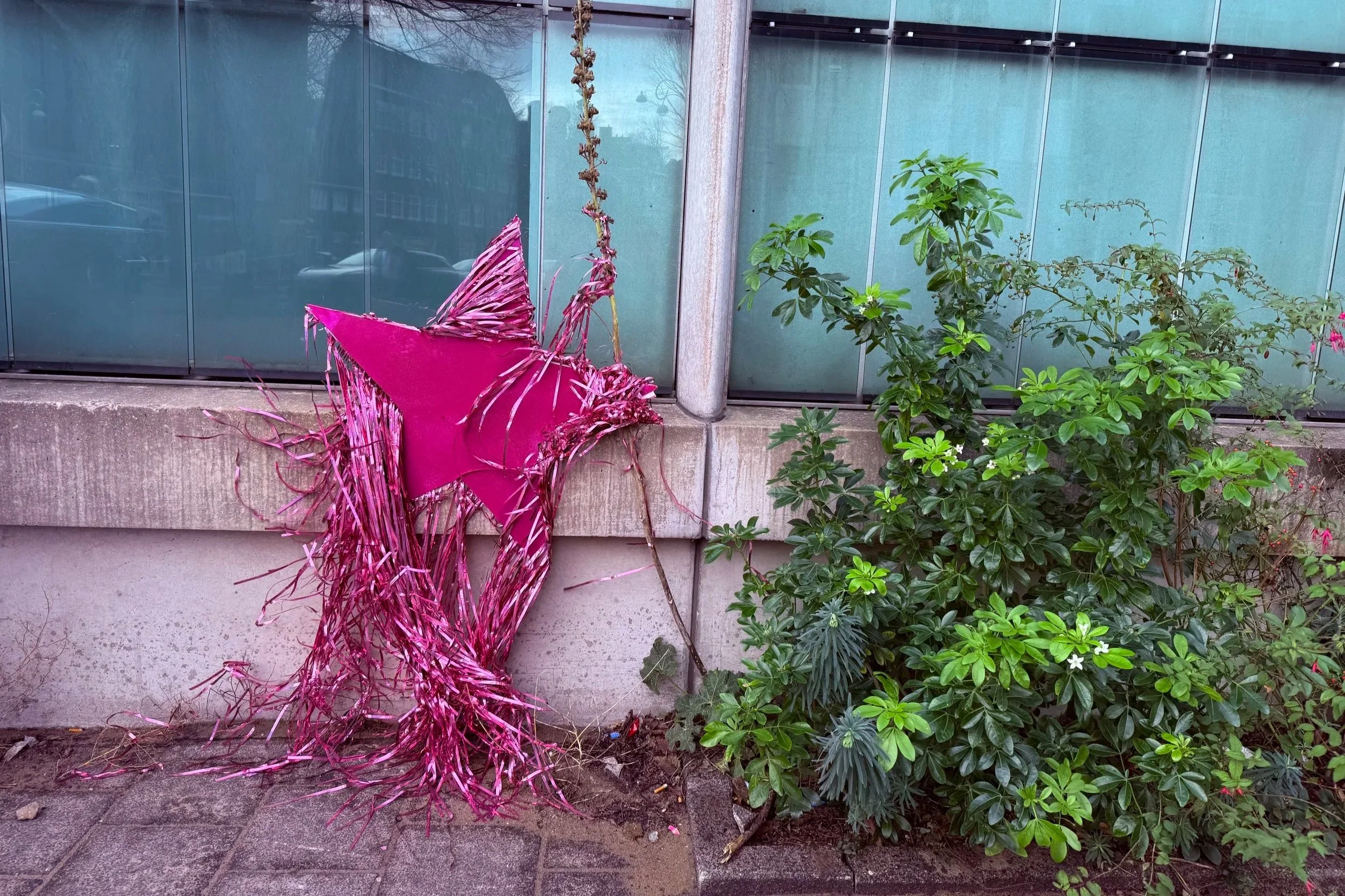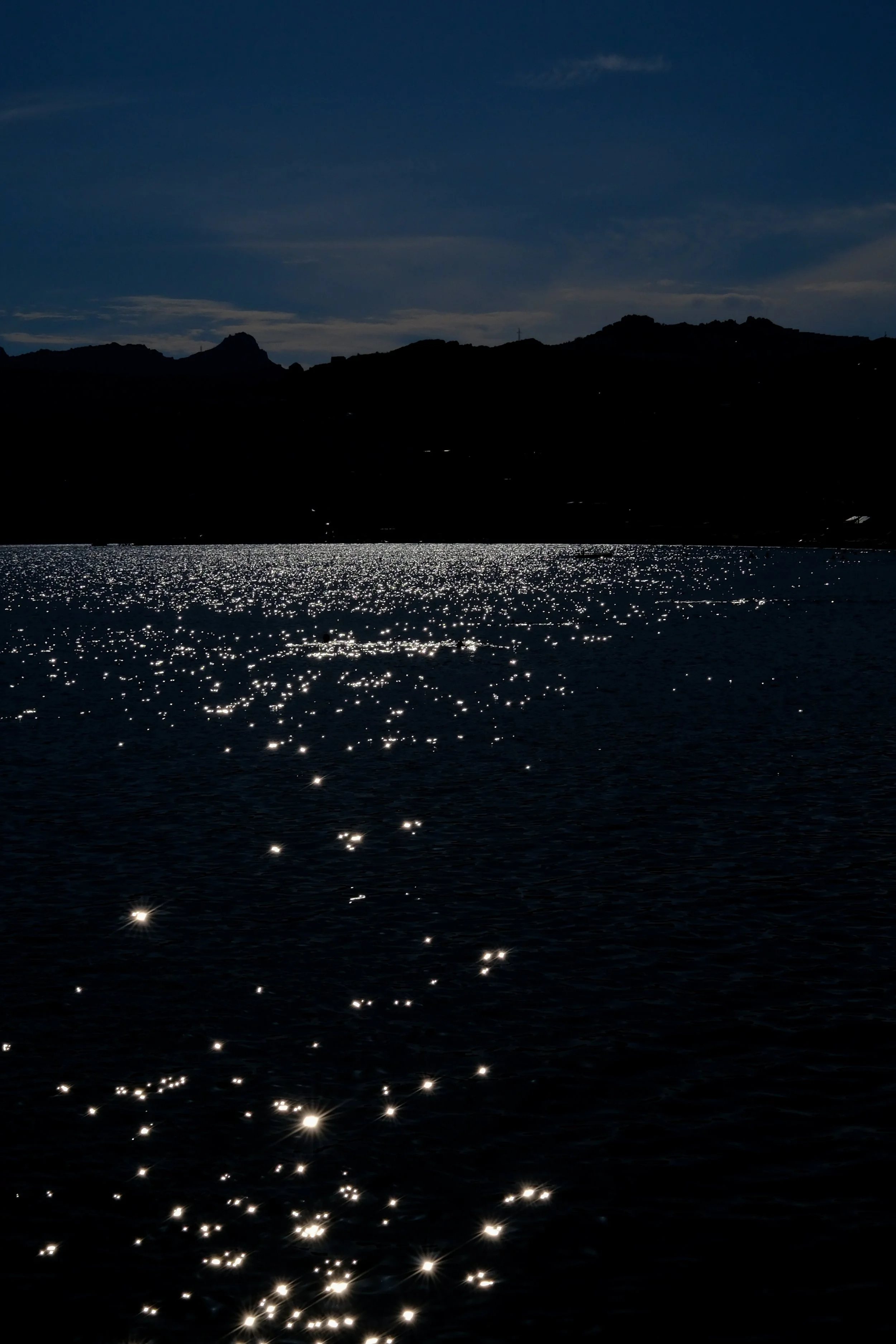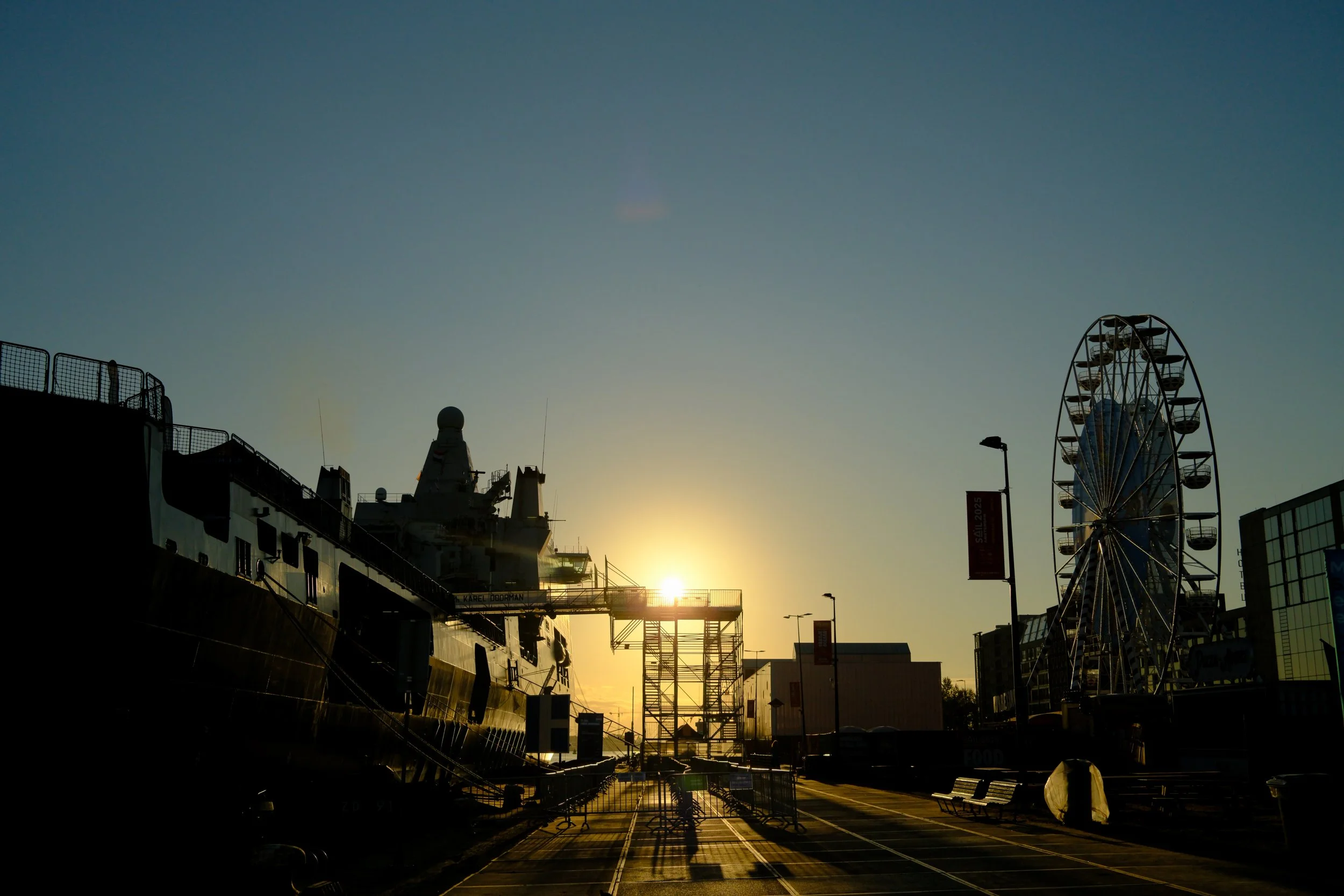self-portrait in Mokum (April 2024). Canan Marasligil
Canan Marasligil (she/they) is a multilingual writer, artist, literary translator based in Amsterdam.
Every month, I publish a newsletter titled The Attention Span, where I take the time to reflect, to analyse and to imagine our societies through writing, art and culture.
Whether you are a writer, a translator, a reader, a professional working in the arts, culture or literature, or someone who likes to take the time to reflect on the world we live in through the lens of culture, art, translation, poetry and literature, The Attention Span Newsletter is for you.
HIGHLIGHTED PUBLICATIONS
BOOK - une biographie européenne : réflexions sur la traduction littéraire, 2025-2026
I have started writing a book on literary translation, which was commissioned by a publisher in France at the end of 2017. For a variety of reasons it hasn’t been published, and I have been working on it from 2017-2024. I have decided to publish it through my artistic research and publication platform City in Translation, chapter per chapter. The book version will be published later in 2026 under the City in Translation imprint. This publication is in French.
BOOK - Real by Karin Karakaşlı (tr. Canan Marasligil and Sarah Howe), 2024
It took me more than a decade to finally have a collection of Karin Karakaşlı’s poetry published in translation. I had first pitched her work to French publishers in 2011, and only managed to get one poem published… In 2013, I was a translator in residence at London’s Free Word Centre, and there I met the wonderful people at the Poetry Translation Centre. I gave my first translation workshop with them, focusing on a few poems by Karin… and then another workshop, and another, until we published a first chapbook in 2017, where I was joined in this journey by poet Sarah Howe, and we translated the poems together. Most recently, we collaborated again with Sarah to finally have a collection of Karin’s poetry published in English. Always invited by the passionate people of the Poetry Translation Centre, who have created the space for this journey to happen.
PODCAST & ESSAY - The Protagonist of the Erotic: on Anne Carson, Spring 2023
20 years ago, I wrote my Master’s thesis on translating Anne Carson’s Autobiography of Red: a Novel in Verse. In Spring 2023, I penned an essay for Extra Extra Magazine “Anne Carson In Sensual Gestures”: one version in print and available to read online, and another one for the podcast The Protagonist of the Erotic, which I have embedded below. Although they both are written from a translator’s perspective, they are different, so do read and listen if you can.
BOOK - “Music in Migration: a Translator’s Journey”, The Routledge Handbook of Translation and Migration, 2024.
I have contributed to The Routledge Handbook of Translation and Migration, a book exploring the practices and attitudes surrounding migration and translation, aiming to redefine these two terms in light of their intersections and connections. The volume adopts an interdisciplinary and transnational perspective, highlighting the broad scope of migration and translation as not only linguistic and geographical phenomena, but also cultural, social, artistic, and psychological processes.
My chapter, titled Music in Migration: A Translator’s Journey explores the connection between literature, music and how they become essential parts of the translation process through my own personal journey as the child of migrants who has grown up discovering poetry and literature through music.
BOOK - Archival Textures (Re)claiming (co-edited by Noah Littel and Tabea Nixdorff), June 2024
The book (Re)claiming presents ways in which various queer and feminist communities and initiatives in the Netherlands have (re)claimed the triangle — along with other symbols, words and stories — and in doing so take up an empowering position in a hostile society. The concept of (re)claiming can signify both a proud identification with and protest against the stigmatisation for which a symbol, word, gesture or story was designed.
Archival materials featured in (Re)claiming include a collection of buttons, a text by Karin Daan, the designer of the Homomonument in Amsterdam and short statements and flyers by queer groups such as SUHO, Sjalhomo, Roze Front, Roze Driehoek, Roze Gebaar, Van Doofpot tot Mankepoot, Interpot/ILIS, Lesbisch Archief Amsterdam, Strange Fruit Vrouwen and Groep Zwarte Vrouwen Nijmegen. With this selection, (Re)claiming brings together queer, trans, crip, feminist, Jewish and Black perspectives on (re)claiming as an activist strategy.
Most of these materials were researched at IHLIA LGBTI Heritage in Amsterdam, with additions found at the International Institute of Social History, the International Archive for the Women’s Movement (IAV-Atria) in Amsterdam and Lesbisch Archief Nijmegen (LAN). The materials are framed by an introductory essay by Noah Littel and an intergenerational roundtable conversation. Since roundtable conversations were held as a multilingual space, translations into English and Dutch are provided by Canan Marasligil and Shira Wolfe.




